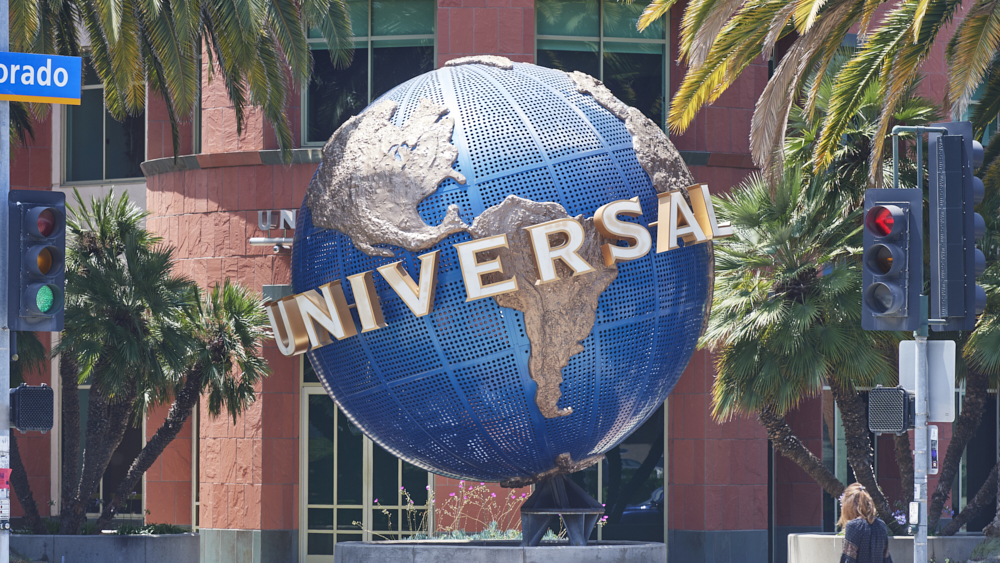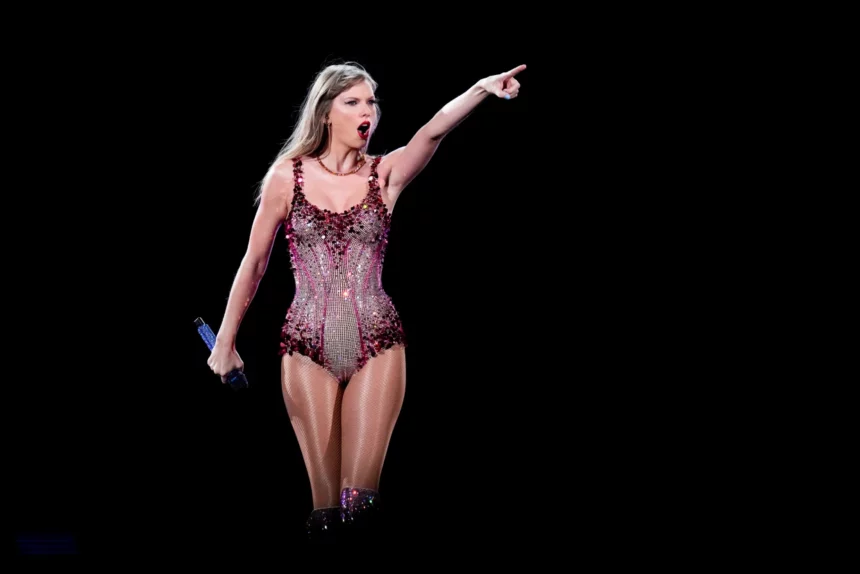TikTok has recently announced the removal of all music by artists licensed to Universal Music Group (UMG), a move affecting prominent artists such as Taylor Swift, BTS, Drake, and Olivia Rodrigo. The removal and muting of videos containing UMG-licensed music began late on January 31st as the deadline for the UMG/TikTok license expiration approached.

A TikTok spokesperson explained, “We started the removal late last night Pacific Time, Jan 31st, as we approached the deadline of the [UMG/TikTok] license expiration.” The platform has taken a step further by muting videos that feature music licensed by Universal.
In response to these actions, UMG released an open letter addressing several concerns, including what they perceive as inadequate compensation for their artists. The letter pointed out issues such as AI-generated recordings flooding the platform and TikTok’s allegedly low compensation rates for artists and songwriters. UMG emphasized that TikTok’s immense success is largely built on the music created by artists and songwriters.
“UMG is kind of taking the nuclear option of removing all their music and trying to prove… that TikTok couldn’t exist if it didn’t have their catalogue,” commented Tatiana Cirisano, a music industry analyst at Midia Research.

Negotiations between TikTok and UMG intensified leading up to the January 31st contract expiration. UMG claims that TikTok proposed compensation rates far below those of other major social platforms, accounting for only about 1% of UMG’s total revenue despite its significant user base and advertising revenue.
Grammy nominee Noah Kahan, signed to Republic Records, a UMG subsidiary, expressed his dissatisfaction in a TikTok video, stating, “I won’t be able to promote my music on TikTok anymore. But luckily I’m not a TikTok artist, right?” Kahan acknowledged TikTok’s role in his success, with fans on the platform turning excerpts of his songs into viral sensations.
Responding to UMG’s open letter, TikTok accused the music company of promoting “false narratives and rhetoric” and prioritizing “greed above the interests of their artist and songwriter.” The compensation issue remains a significant point of contention, with Cirisano suggesting that UMG’s actions may benefit the company more than its artists and songwriters.








